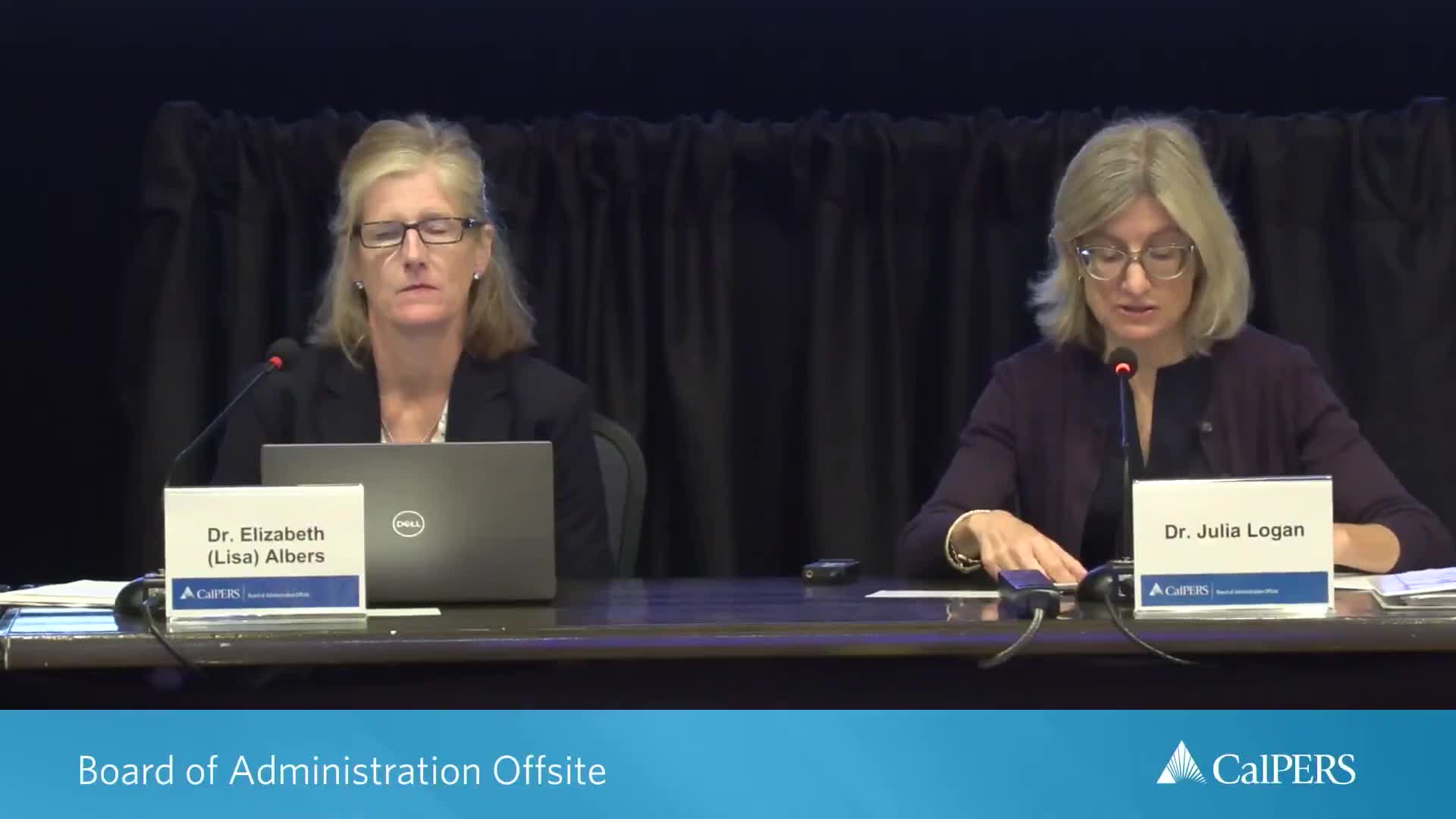Article not found
This article is no longer available. But don't worry—we've gathered other articles that discuss the same topic.
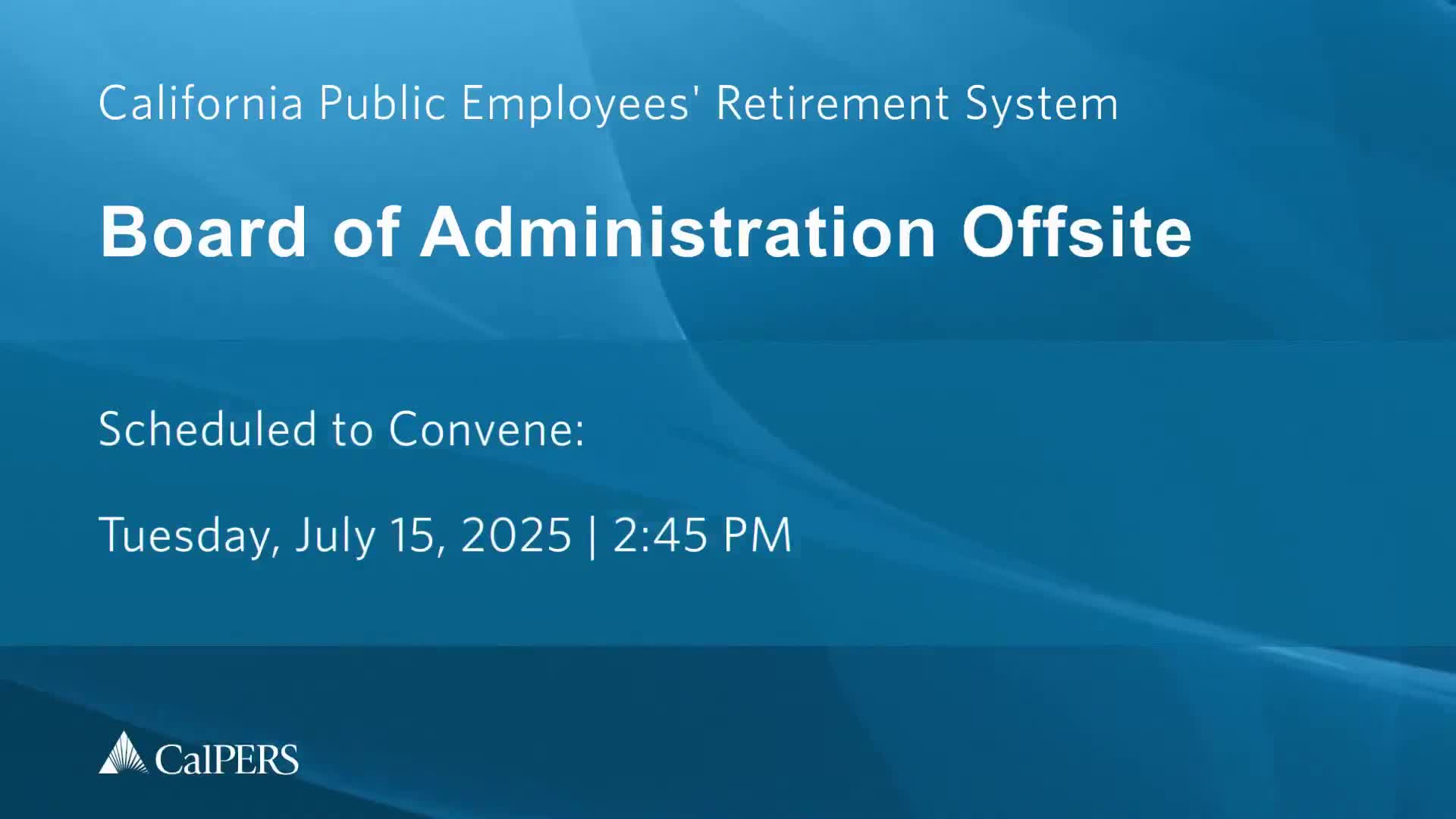
CalPERS hears cybersecurity threat‑landscape briefing; closed session follows for security update

CalPERS approves 2026 HMO and PPO premiums; Trio replaced by AccessPlus in Monterey and Harmony expansion postponed
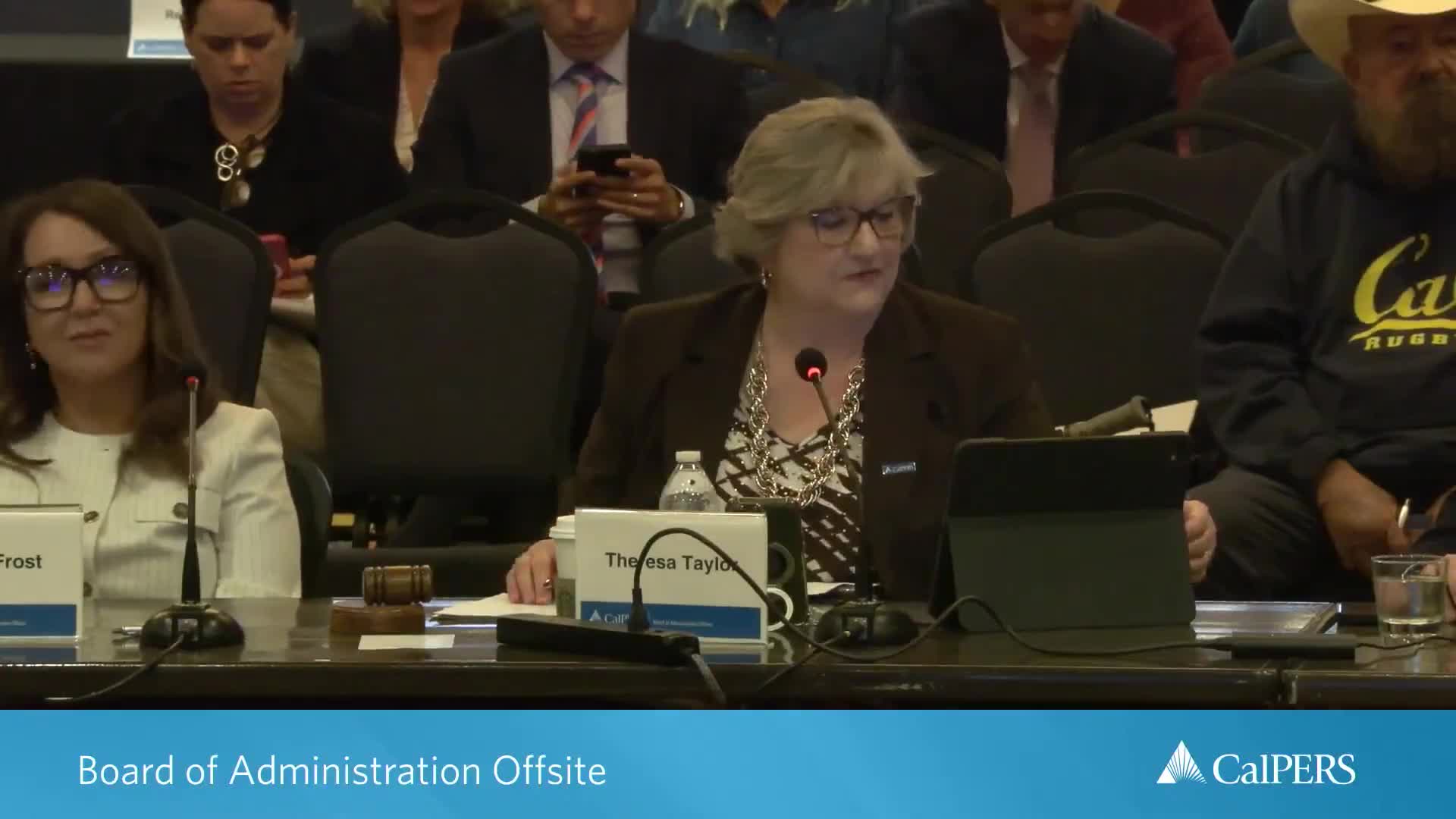
CalPERS board approves CVS Caremark as pharmacy benefit manager for 2026–2030 with $250M risk guarantees
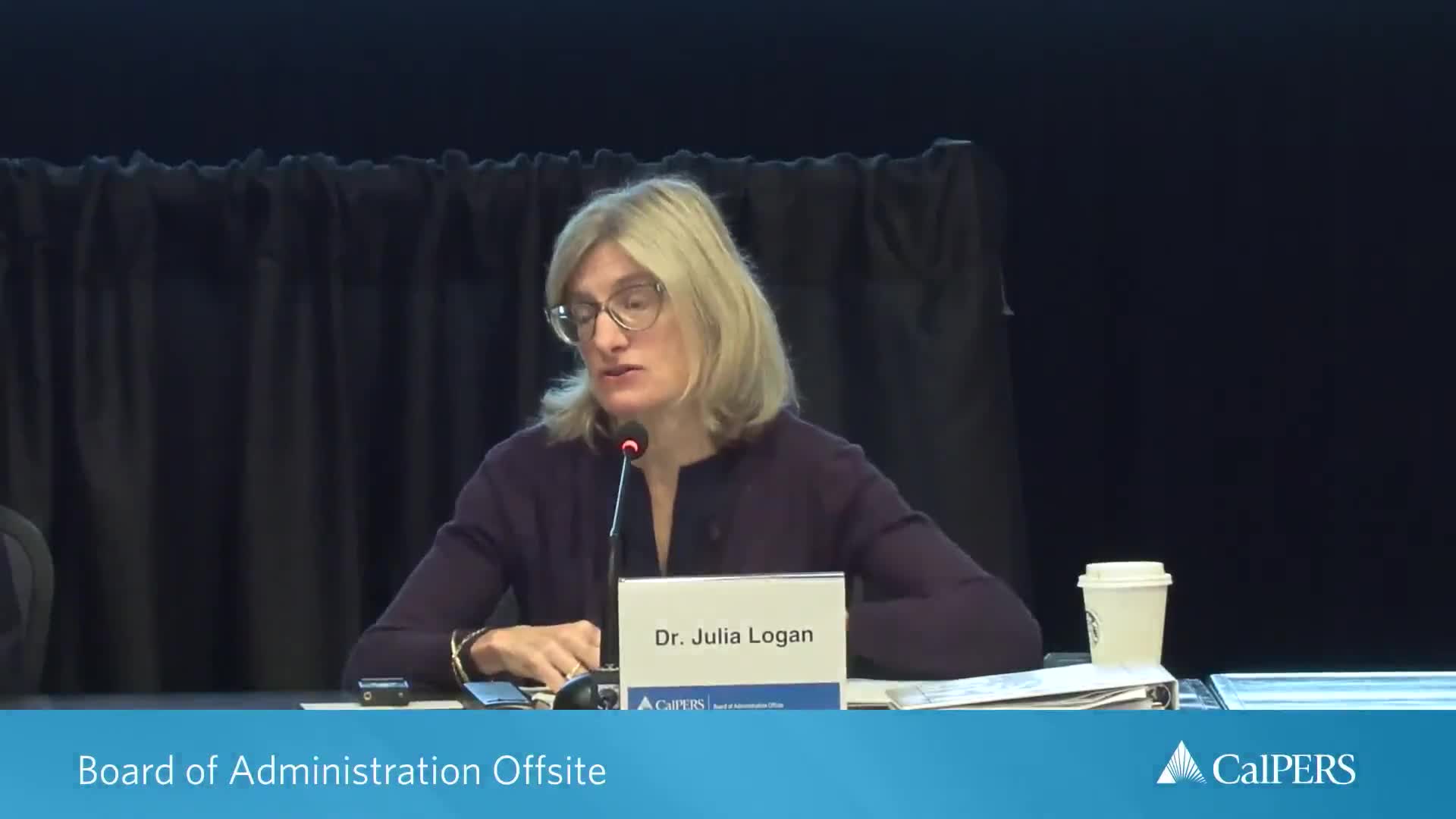
CalPERS outlines member‑service upgrades: myCalPERS outreach, survivor self‑service, GenAI for document summaries and overpayment collections
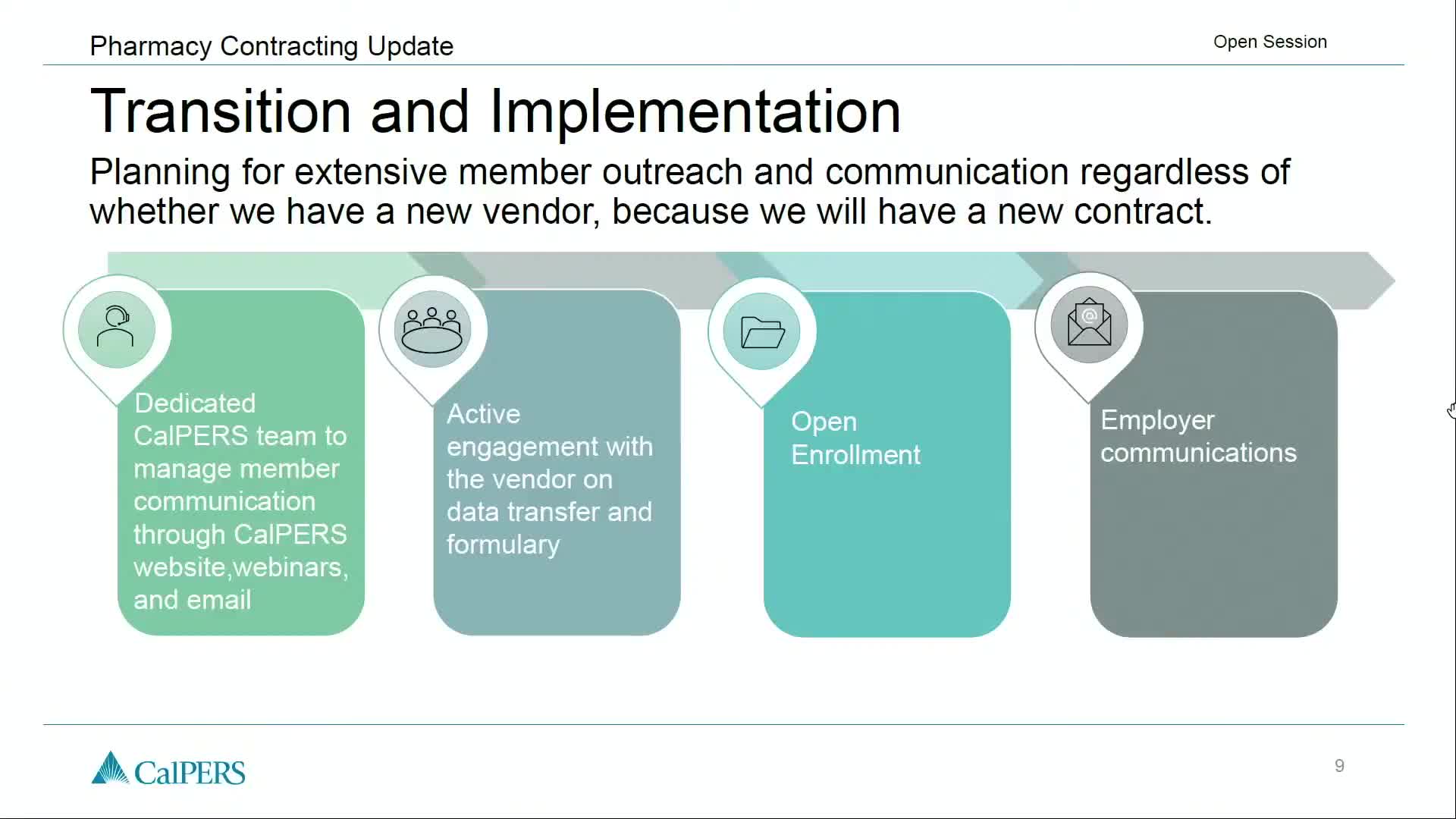
Panel: AI offers speed and scale for health care but governance, testing and transparency are required — CalPERS begins pilots
